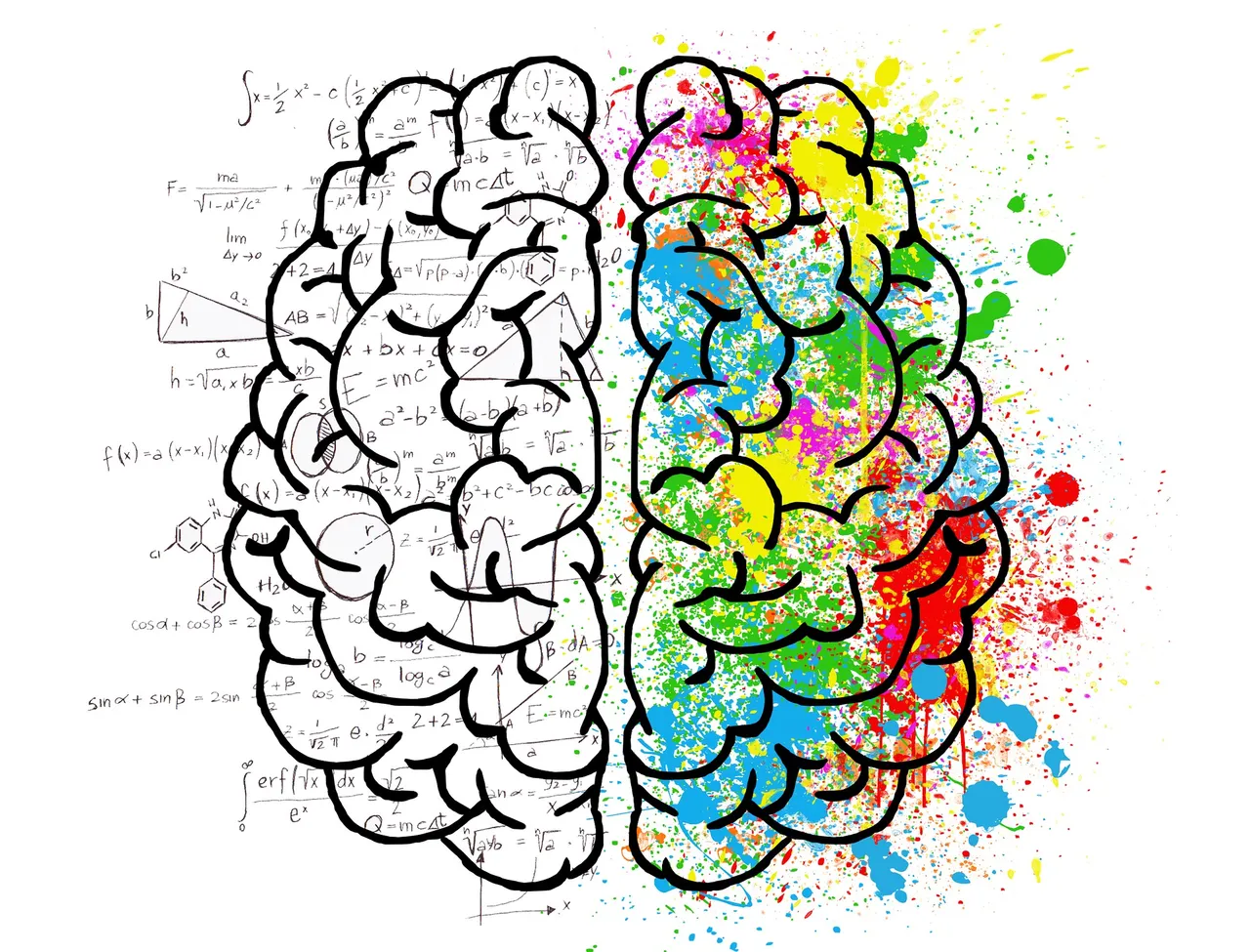
 Polski
Polski 
Already around the year 2000, the scientific team of dr. Eleanor Maguire from University College London found that there are structural changes developing in the brains of a certain professional group shortly after starting work. [1] It turned out that some parts of the brain structure called the hippocampus are being rebuilt in London taxi drivers who, in order to get licensed, need to learn thoroughly nearly 25,000 streets in a six-mile radius of the Charing Cross station, and must have a more general knowledge about the remaining streets of London. The hippocampus is to be responsible for the so-called spatial memory, and the drivers apparently needed to adjust their brains for the new role. The research was carried out using structural magnetic resonance imaging (MRI). The results of these tests confirm that our brains are plastic or malleable, and can change their very structure through specific mental activity.
In 2014, the work of a team of scientists headed by dr. Sarah Lazar of Harvard University, found that meditators, who continued their mindfulness practice for at least eight weeks, just like the English taxi drivers, begin to transform their brains! [2] Researchers found changes in eight different brain regions such as pons, hippocampus, amygdala, and other areas of the grey matter. Moreover, the changes in the amygdala were associated with a decrease in the level of stress in these individuals. The results indicate that meditation is not only improving our well-being, and our ability to relax, but also transforms our brains, thus fulfilling a role of "mental gym". Considering that the practice of meditation is quite easy and straightforward [3], everyone can learn a few basic mental exercises and practice at home without the need to find a guru, or attend special training sessions!
In the near future, I will present some simple meditation techniques on Steemit, so that everyone can try meditation on themselves. Obviously, it is not necessary to achieve peak states in our practice, as meditation can simply serve as an uncomplicated self-regulatory mechanism, useful in our daily lives. It is encouraging that we can find more and more scientific papers confirming the beneficial effects of meditation on our well-being. I invite you to follow my articles!
My other articles on meditation:
This article is intended solely for physically and mentally healthy people, and its publication does not pretend to be a scientific publication, and is not a form of psychological or medical counselling, or a form of therapy. If you think that you may suffer from a mental or a physical disease, contact your doctor immediately!
References:
[1] Eleanor A. Maguire, David G. Gadian, Ingrid S. Johnsrude, Catriona D. Good, John Ashburner, Richard S.J. Frackowiak and Christopher D. Frith (2000) Navigation related structural changes in the hippocampi of taxi drivers. Proceedings of the National Academy of Science, USA, 97, pages 4398-4403
[2] Singleton O, Hölzel BK, Vangel M, Brach N, Carmody J, Lazar SW. Change in brainstem gray matter concentration following a mindfulness-based intervention is correlated with improvement in psychological well-being. Frontiers in human neuroscience [Internet]. 2014;8. Publisher's Version
[3] Eight Weeks to a Better Brain, Harvard Gazette
[4] Picture from pixabay.com